Heat capacities vary with temperature and pressure from "summary" of Thermodynamics and an Introduction to Thermostatistics by Herbert B. Callen
The heat capacity of a system is a fundamental property that characterizes its response to changes in temperature and pressure. It quantifies the amount of heat required to raise the temperature of the system by a certain amount. However, it is important to recognize that the heat capacity is not a fixed value, but rather a function of temperature and pressure. As the temperature of a system increases, its heat capacity generally changes as well. This is because the internal energy of the system is a function of temperature, and therefore the amount of heat required to raise the temperature by a certain amount will also vary. In general, the heat capacity tends to increase with temperature, as the system has more degrees of freedom available for storing energy at higher temperatures. Similarly, the heat capacity of a system may also vary with pressure. This is particularly true for systems that undergo phase transitions, such as the melting or boiling of a substance. During such transitions, the heat capacity can exhibit discontinuities or other non-linear behavior as the system reorganizes its internal structure in response to changes in pressure. In general, the variation of heat capacities with temperature and pressure reflects the complex interplay of energy storage mechanisms within a system. These mechanisms can involve changes in the vibrational, rotational, and translational degrees of freedom of the system's constituent particles, as well as interactions between the particles themselves. Understanding how heat capacities vary with temperature and pressure is therefore crucial for accurately predicting the behavior of thermodynamic systems under different conditions. By accounting for these variations, we can develop more accurate models and make more reliable predictions about the behavior of materials and processes in the real world.Similar Posts

Trust your instincts when cooking
As you become more comfortable in the kitchen, you will begin to develop a sense of intuition about cooking. This intuition is ...
Thermodynamics deals with energy changes in chemical reactions
Thermodynamics is a branch of chemistry that focuses on energy changes in chemical reactions. In other words, it deals with how...
Energy can be transferred and transformed but never created or destroyed
The fundamental principle of energy conservation states that energy cannot be created or destroyed, only transferred or transfo...
Heat flows from hot to cold bodies
In the study of thermodynamics, a fundamental principle is that heat naturally flows from hot bodies to cold bodies. This princ...
Ensembles describe system probability distributions
The concept that ensembles describe system probability distributions is a fundamental principle in statistical mechanics. Ensem...
Thermodynamic cycles analysis
Thermodynamic cycles analysis involves examining a series of processes that form a closed loop, allowing energy to be transferr...

Current flows in a circuit due to potential difference
When a potential difference is established in a circuit, it creates an electric field that exerts a force on the charges within...
Carnot cycles exemplify ideal heat engines
The concept that Carnot cycles exemplify ideal heat engines is fundamental to the understanding of thermodynamics. Carnot cycle...
Work can be done on or by a system
When considering the concept of work in thermodynamics, it is important to understand that work can be either done on a system ...
